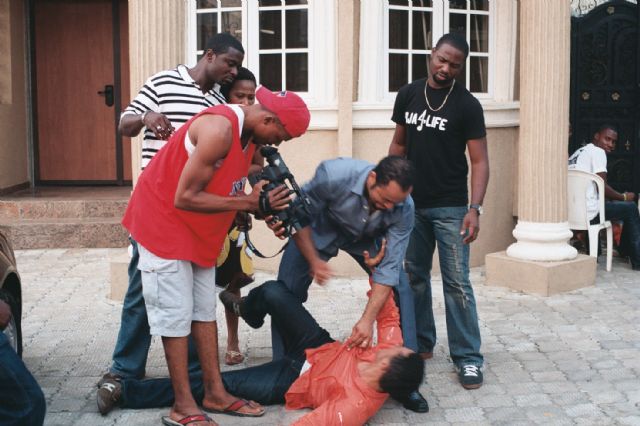Some months into her marriage, Ife became very upset with her husband. She had really admired him before they got married. He seemed near perfect then, but she began to see weaknesses she never knew he had until they got married. Whenever they had showdowns, she would say, “If I had known you were like this, I wouldn’t have married you.” Her husband would then list her own weaknesses and scold her very harshly over them especially what he described as her lack of respect and stubborn attitude. These conflicts began to threaten the continued existence of their marriage. Even two years later, they have still not been resolved but the birth of their first child after about 14 months into the marriage may have encouraged them to stay together.
But for Ife, marriage is simply endurance. From time to time she complains about her husband’s weaknesses to him and to some close family members but she seems to have resigned her fate to a frustrating marriage held together by the need not to have her child labelled as a product of a broken home and to maintain the respectability of being married.
Tim Lahaye, a marriage counsellor says most couples are so much in love they see only the strengths of the other person before marriage. He adds, “After the novelty of marriage is over, however, each partner’s weaknesses (and every human being has them) begin to appear. These weaknesses call for adjustment-that is learning to live with the partner’s weaknesses. It is important for a couple to pray to God that they would be gentle, patient, kind and self-controlled while adjusting to these weaknesses.”
Bidemi Olaniyi, a relationship counsellor advises men and women to enter into marriage with a firm resolve to accept the partner even with his or her personality weaknesses. She says, “If you are drawn into marriage simply because of your partner’s admirable qualities, you must realise there may also be weaknesses or traits you do not like in the person. But each partner needs to have a matured attitude towards the issues.” She adds, “If you expect someone to accept you despite your faults then you must be ready to accept the person – faults and all. Even if the faults are really bad, never attempt to change your partner. Only God can change anyone. Some men become resentful when their wives attempt to change them and some women become rebellious, describing their husbands as oppressors. This could lead to break-ups.”
Olaniyi cautions, “If you know you cannot stand certain weaknesses in a person, better not make a marriage commitment. If however you decide to or you already have, you need to be very prayerful and not be mean to the person as a result.”
Lahaye underscores this by saying differences between partners need not kill the marriage. He says, “No disagreement is a threat to a marriage. It is what the couple does about disagreements that determine the success or failure of a marriage.” He advises “When you feel frustration, resentment or some other form of hostility, stop and take an objective look at what is causing it. Pray about it…let go of the angry thoughts. Your peace of mind does not depend on your husband’s behaviour.
Pray about your partner’s actions, asking God to help him see his shortcomings and help you as you discuss it with him.”
To address the issue, he says communicate with your partner about his or her faults in a loving way. Pick a relaxed time when you can objectively share your feelings without getting overly emotional. Never speak in anger or in a judgmental way and always allow time for him or her to think about what you have said. Then leave the matter to God.”
As love is vital to marital success, he says, “Ask God the giver of love to fill you with love – for Him and your partner so that you can genuinely love him or her in spite of the weaknesses. Focus more on your partner’s strengths and thank God for them. Forget past mistakes. If your love for your partner increases, you will be able to overlook some of the weaknesses especially the trivial ones.”



















